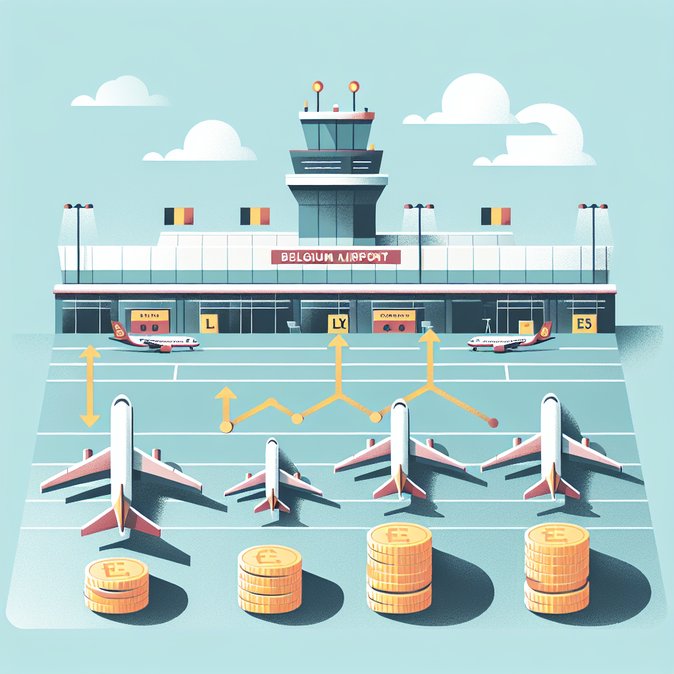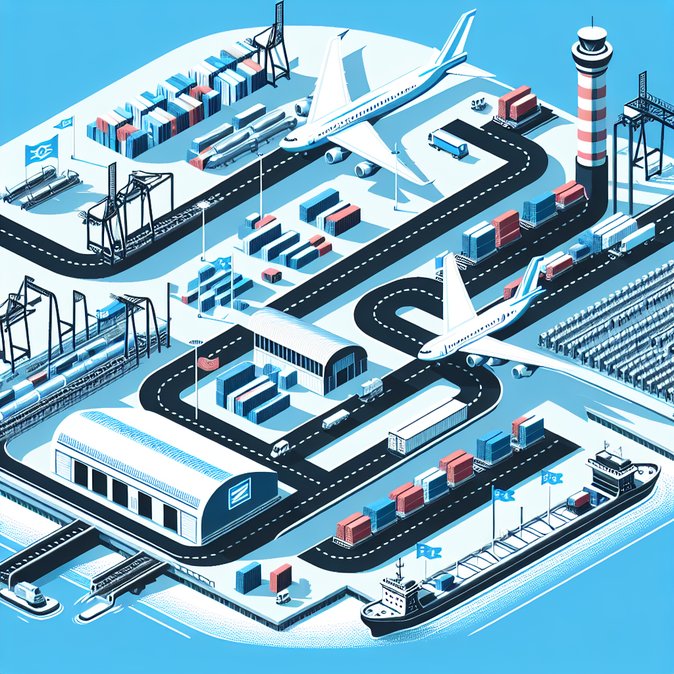
In the small hours of 22 November, Belgian and French police mounted a surprise joint operation along key crossings from De Panne to Doornik, stopping 734 individuals for identity and vehicle checks. Details of the action were released on 23 November by VisaHQ and confirm a renewed emphasis on ad-hoc border enforcement within the Schengen Area.
The checks, which ran from 19:00 to 01:00, resulted in six judicial cases, one arrest for outstanding warrants and multiple on-the-spot traffic fines. Authorities also seized four uninsured vehicles and revoked 19 driving licences. While the operation’s stated aim was to deter people-smuggling gangs and roaming theft rings, it serves as a reminder that intra-EU travellers—even those with valid residence cards—can face sudden document inspections.
![Border Blitz: 734 Travellers Checked in Overnight Belgium-France Operation]()
For internationally mobile employees commuting by car or shuttle between northern France and Belgium’s technology clusters in Ghent, Bruges or Brussels, the practical impact is longer journey times and the need to carry hard-copy ID. Companies arranging cross-border commuting schemes should update travel handbooks to reflect the possibility of delays and advise staff to keep work permits readily accessible.
The operation forms part of Belgium’s wider ‘inland entry checks’ policy introduced this summer, which the government argues is compatible with Schengen rules because it is intelligence-led and temporary. Civil-liberties advocates, however, warn that such spot checks risk normalising border controls inside Europe’s free-movement zone.
The checks, which ran from 19:00 to 01:00, resulted in six judicial cases, one arrest for outstanding warrants and multiple on-the-spot traffic fines. Authorities also seized four uninsured vehicles and revoked 19 driving licences. While the operation’s stated aim was to deter people-smuggling gangs and roaming theft rings, it serves as a reminder that intra-EU travellers—even those with valid residence cards—can face sudden document inspections.

For internationally mobile employees commuting by car or shuttle between northern France and Belgium’s technology clusters in Ghent, Bruges or Brussels, the practical impact is longer journey times and the need to carry hard-copy ID. Companies arranging cross-border commuting schemes should update travel handbooks to reflect the possibility of delays and advise staff to keep work permits readily accessible.
The operation forms part of Belgium’s wider ‘inland entry checks’ policy introduced this summer, which the government argues is compatible with Schengen rules because it is intelligence-led and temporary. Civil-liberties advocates, however, warn that such spot checks risk normalising border controls inside Europe’s free-movement zone.


